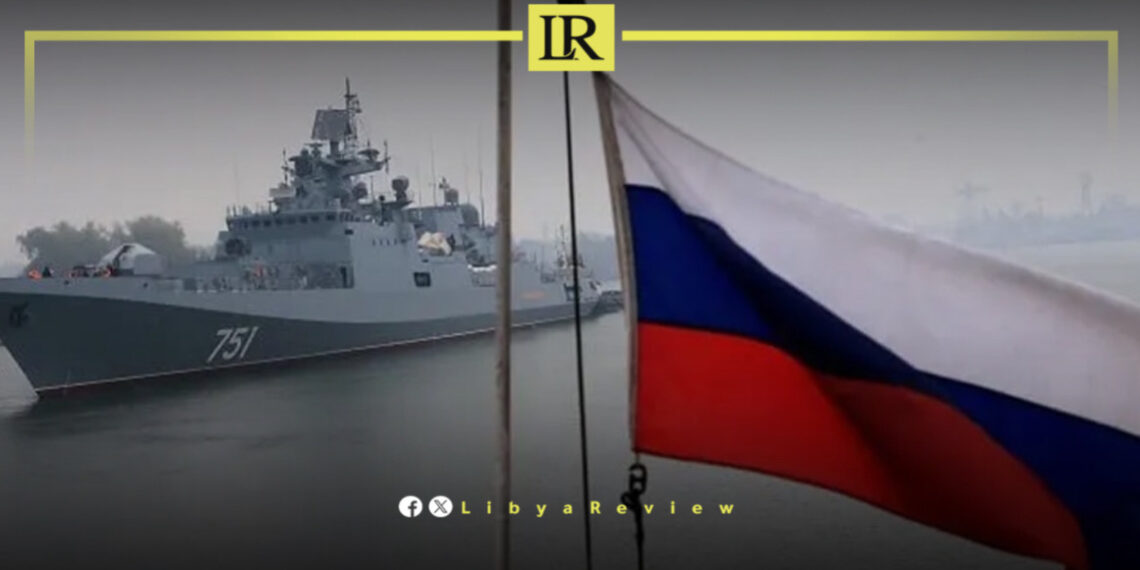Reuters has reported, citing Russian state media sources, that Moscow has extended its gasoline export ban for an additional six months. The prohibition, which starts in early March, allows only gasoline-producing companies to engage in export activities.
The ban specifically targets dealers and resellers in several countries, including Libya, while permitting major oil companies to continue their export operations. It notably exempts supplies to the Eurasian Economic Union, led by Moscow—a bloc comprising five former Soviet states—and countries like Mongolia that have established fuel supply agreements with it.
Nigeria, Libya, Tunisia, and the United Arab Emirates are listed among the largest importers of Russian gasoline.
Libya has been in chaos since a NATO-backed uprising toppled longtime leader Muammar Gaddafi in 2011. The county has for years been split between rival administrations.
Libya’s economy, heavily reliant on oil, has suffered due to the ongoing conflict. The instability has led to fluctuations in oil production and prices, impacting the global oil market and Libya’s economy.
The conflict has led to a significant humanitarian crisis in Libya, with thousands of people killed, and many more displaced. Migrants and refugees using Libya as a transit point to Europe have also faced dire conditions.
The planned elections for December 2021 were delayed due to disagreements over election laws and the eligibility of certain candidates. This delay has raised concerns about the feasibility of a peaceful political transition.
Despite the ceasefire, security remains a significant concern with sporadic fighting and the presence of mercenaries and foreign fighters. The unification of the military and the removal of foreign forces are crucial challenges.


